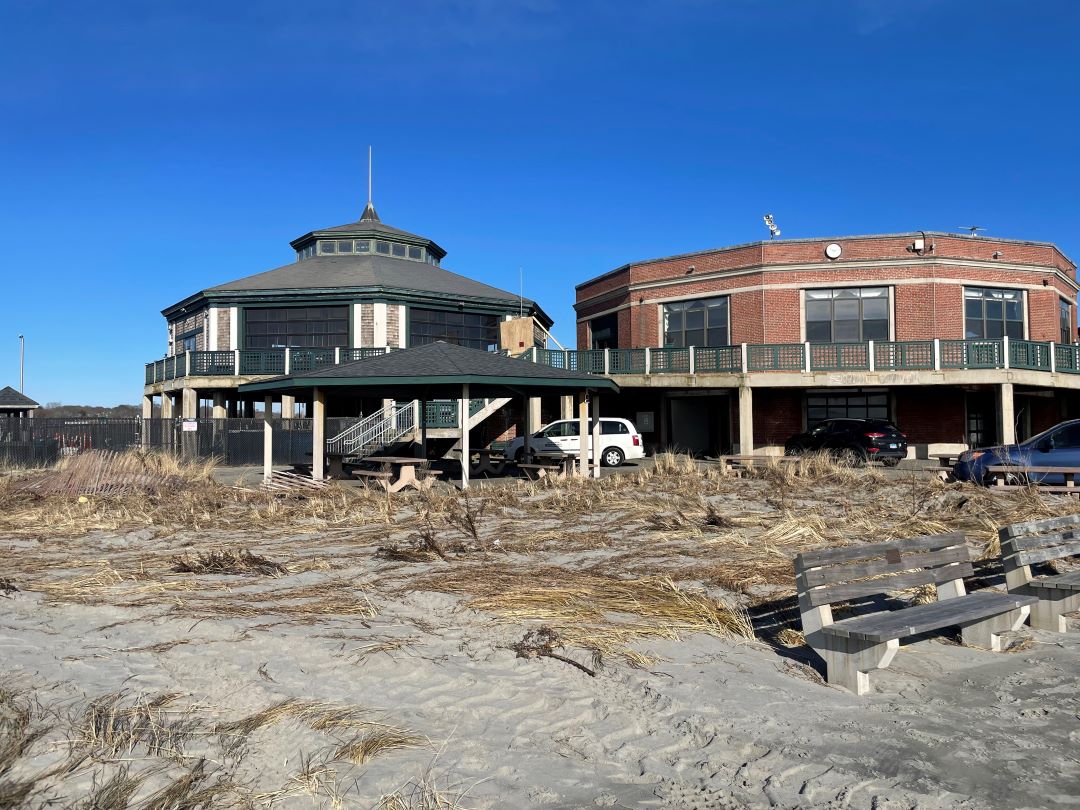Exploring Link Between Ticks and Climate Change
January 10, 2012
NARRAGANSETT, R.I. — There may not yet be a direct link between warmer weather and disease-carrying insects, but both are on the rise in Rhode Island.
The state’s temperature is up an average of 2.3 degrees during the past century, the highest increase in New England. The warmer seasons offer an inviting habitat for ticks and mosquitoes and the diseases they carry such as Lyme disease and West Nile virus.
University of Rhode Island tick researcher Thomas Mather said 2012 set a record for the nymphal, or young, deer tick, which are most likely to contract and spread Lyme disease.
During a Dec. 10 seminar on climate change at URI, Mather noted that ticks thrive in humid weather and this year was especially humid in early June when ticks are most active.
The exploding tick population, he said, didn’t inflate the number of recorded cases of Lyme disease. But, Mather explained, many cases go unreported to health officials.
When he started researching ticks in 1992, Mather only found ticks in 60 percent of the state. Today, he’s finding ticks in nearly every square foot of open space. “It’s not just related to the woods anymore. It’s where people are,” Mather said.
South Kingstown, Middletown and the Scituate Reservoir have some of the highest tick concentrations in the Northeast, including the state where Lyme disease originated. “(Connecticut) holds nothing to what we have in Rhode Island,” he said.
Mather and other experts at the seminar noted that there are no studies that link climate change to the migration of insects and the diseases they carry. But they expect to see more bugs carrying more diseases in Rhode Island and across New England.
Al Gettman, the mosquito abatement coordinator for the state Department of Environmental Management, said the spread of ticks and mosquitoes carrying West Nile Virus and EEE is likely to cause greater harm to the poor and countries with inferior infrastructure. “We’ll be able to adapt more easily.”
Howard Ginsberg, of the U.S. Geological Survey and a URI researcher, noted that bug-carrying diseases like Lyme disease could continue migrating north. And Rhode Island is in the middle of the most dense spread of the disease. “Lyme disease is going to affect us for a long time regardless of climate change.”
Mather, who runs the world’s largest deer tick database, said educating the public is the best method for preventing the spread vector-borne diseases. His website offers in-depth tips on keeping ticks at bay, including efforts to develop an anti-tick vaccine.
His TickSmart literacy campaign educates the public as well educators, health professionals and camp counselors about risks and avoidance strategies. Jamestown is the first community to adopt Mather’s Tick Prevention Community program.
A video of his tick removal strategy has been a hit on the internet.
Robert Vanderslice of the state Department of Health organized the seminar as part of series to address health issues related to climate change. The project is part of the state Climate Change Commission to foster long-term solutions to climate change.
Categories
Join the Discussion
View CommentsYour support keeps our reporters on the environmental beat.
Reader support is at the core of our nonprofit news model. Together, we can keep the environment in the headlines.
We use cookies to improve your experience and deliver personalized content. View Cookie Settings



